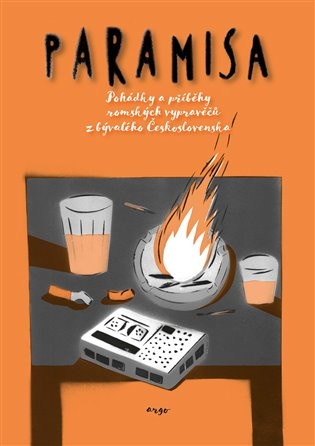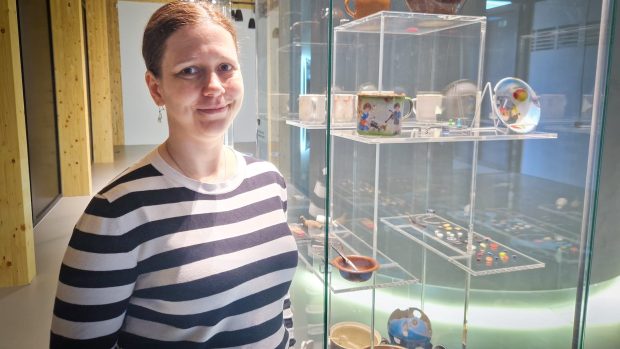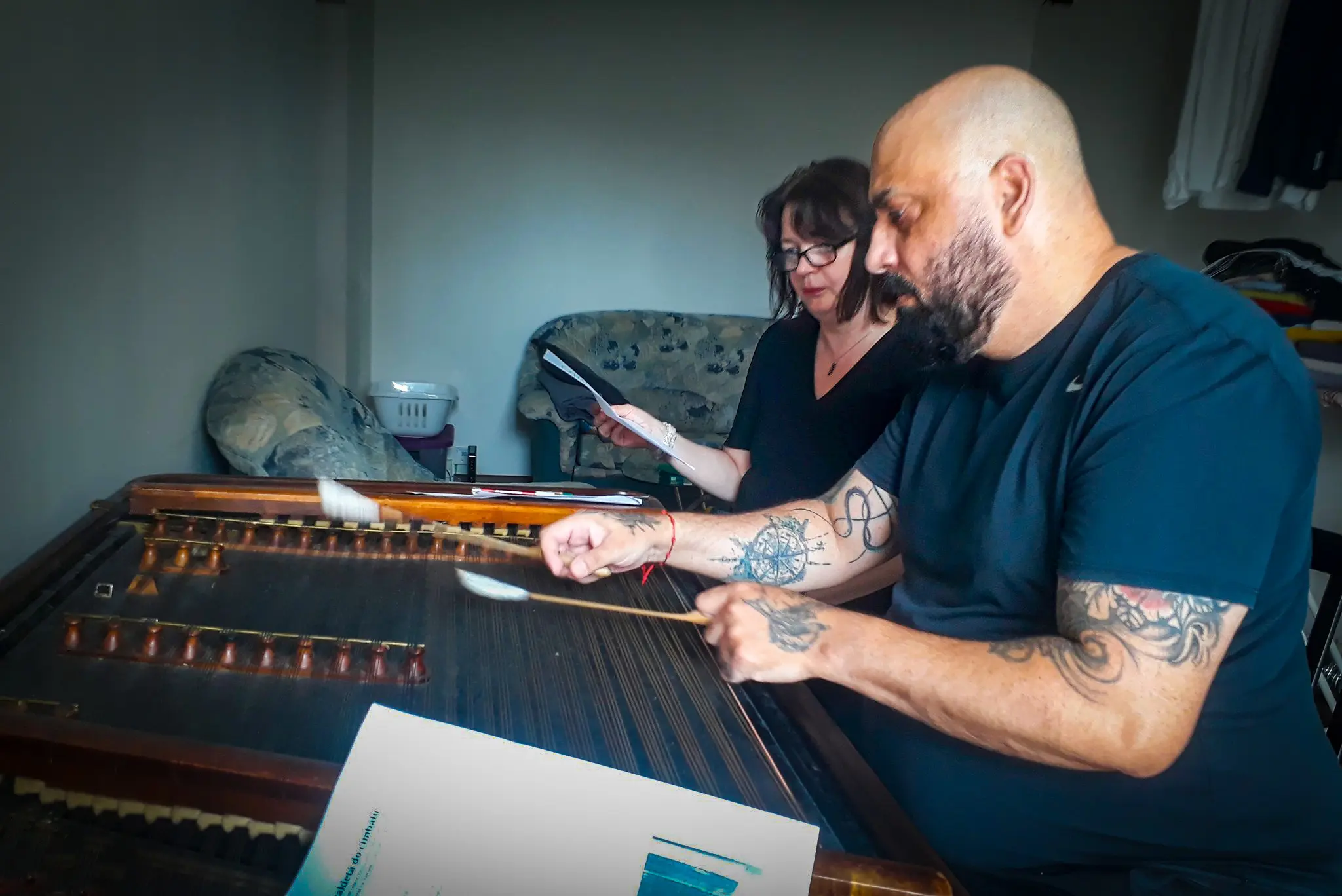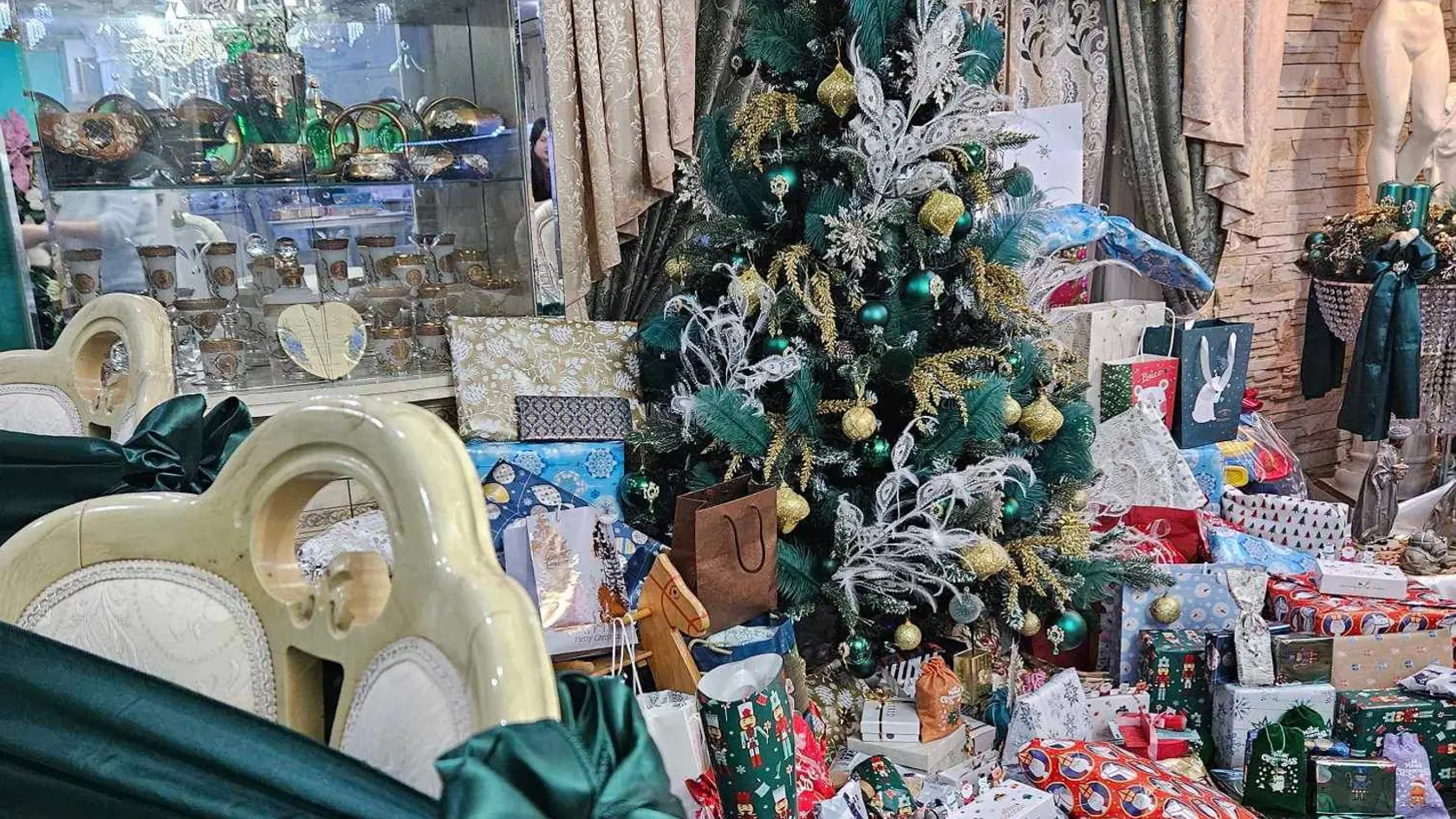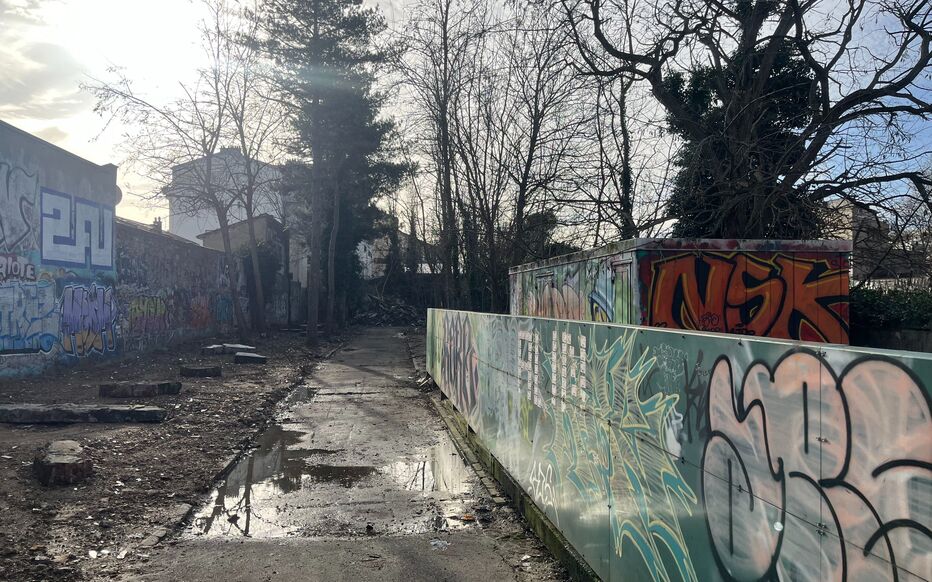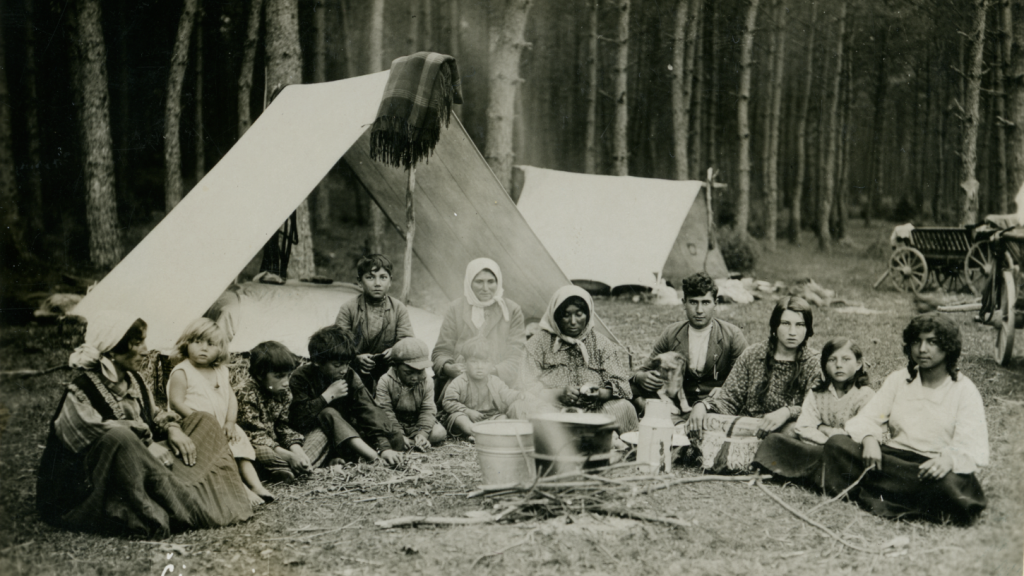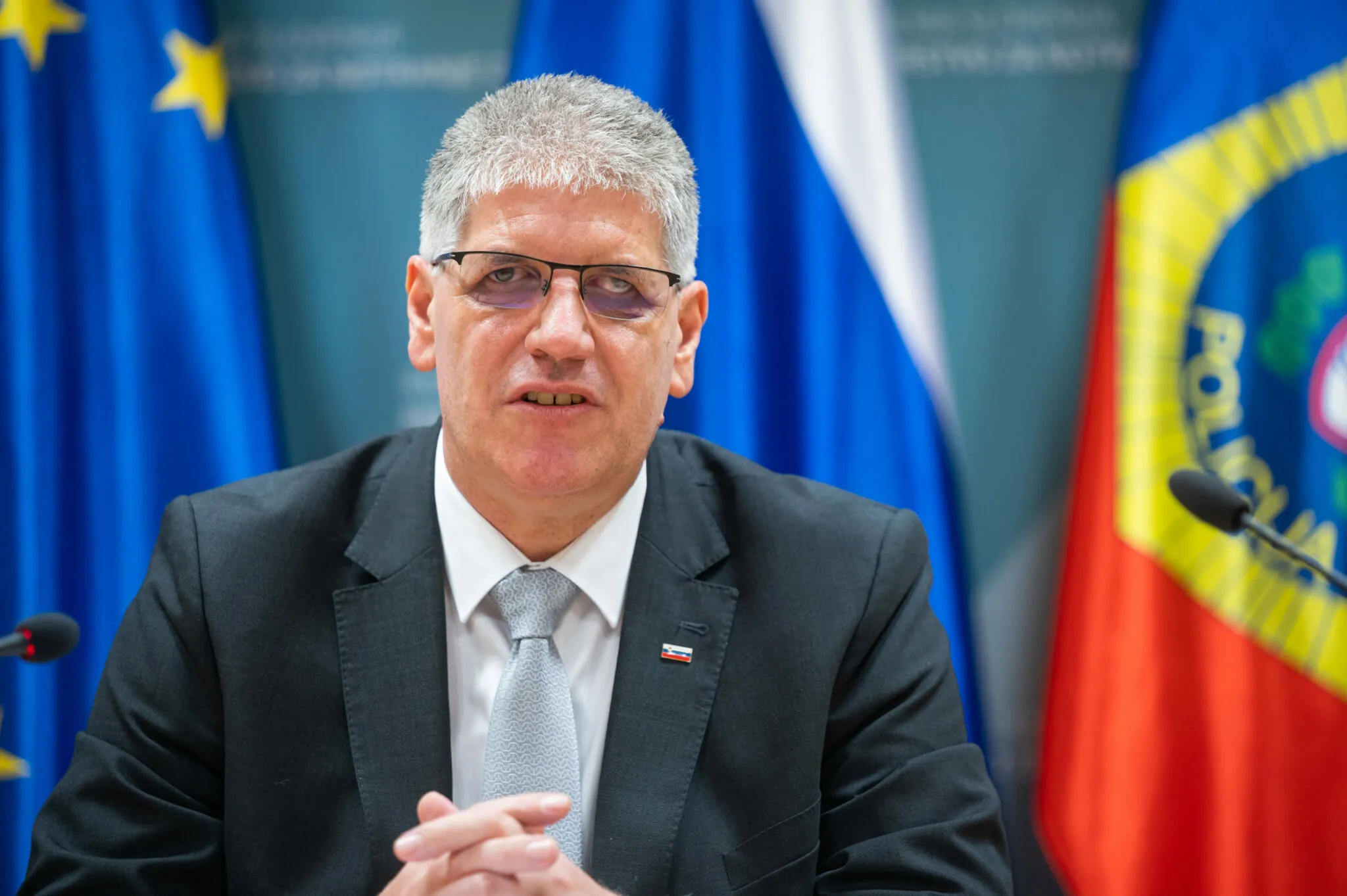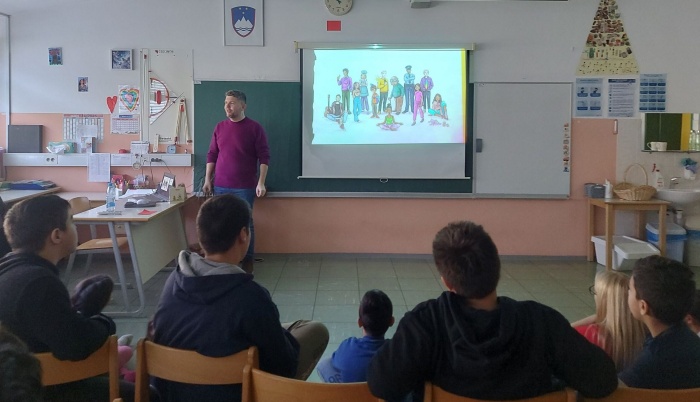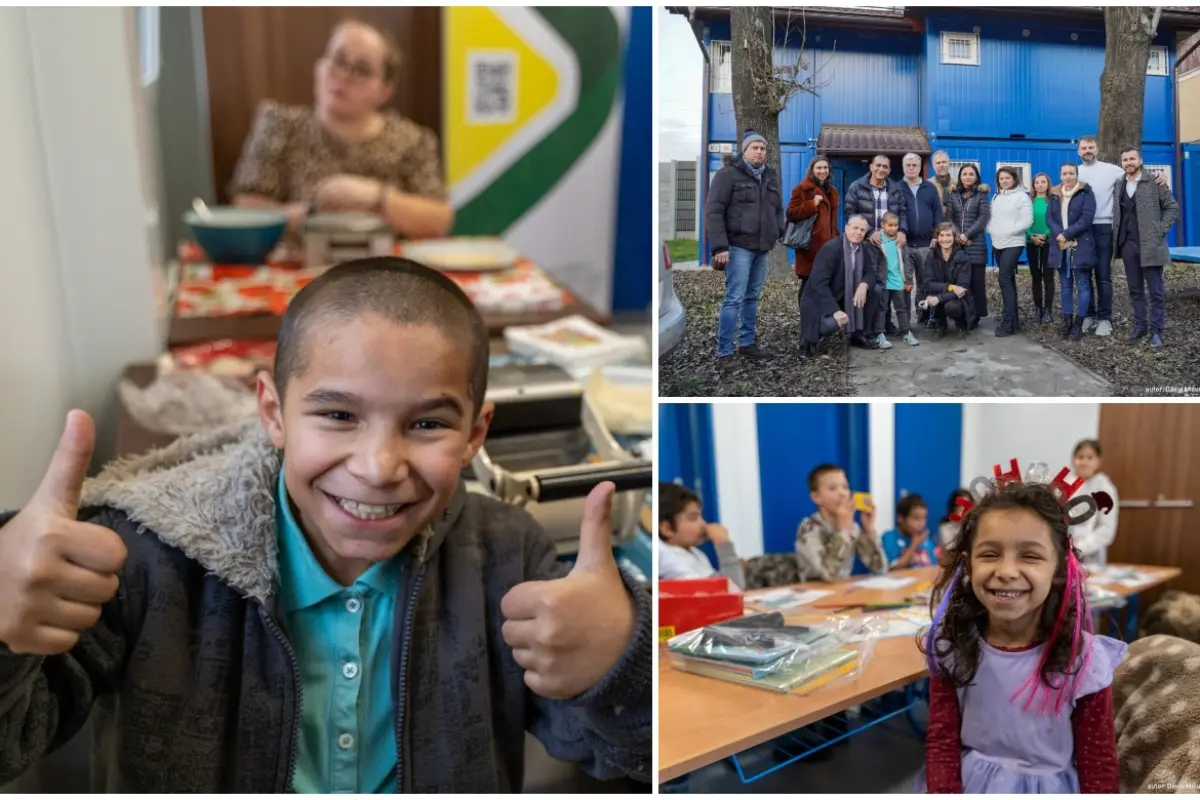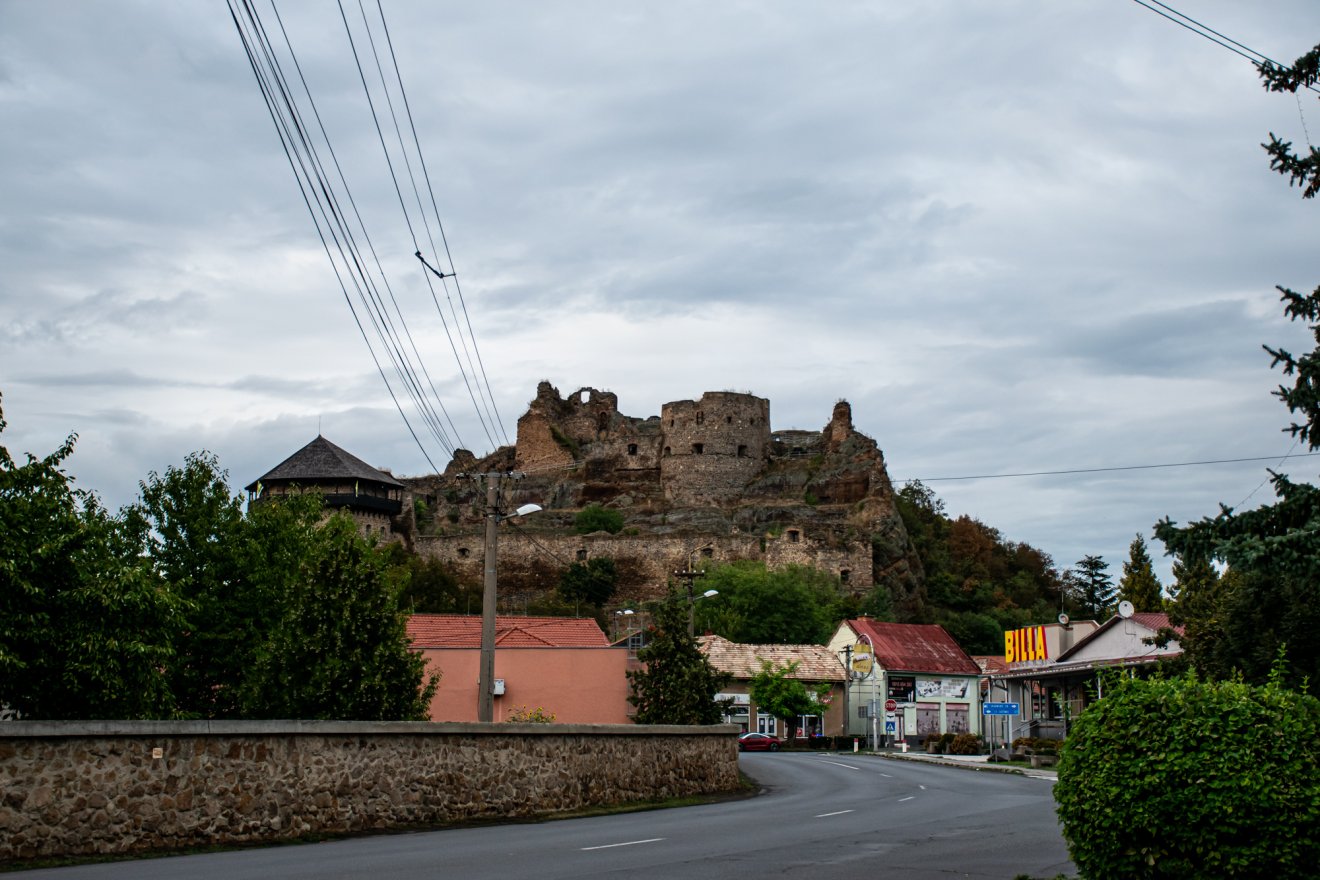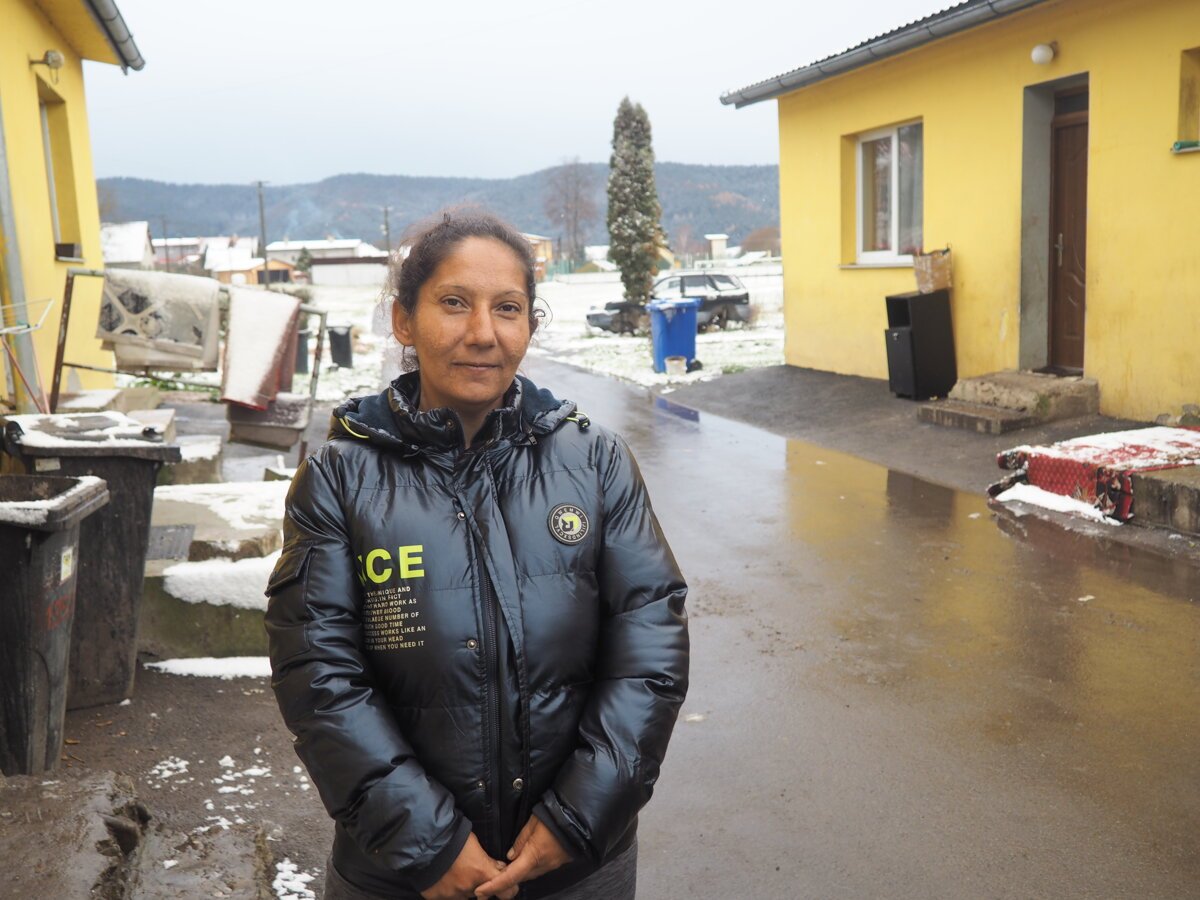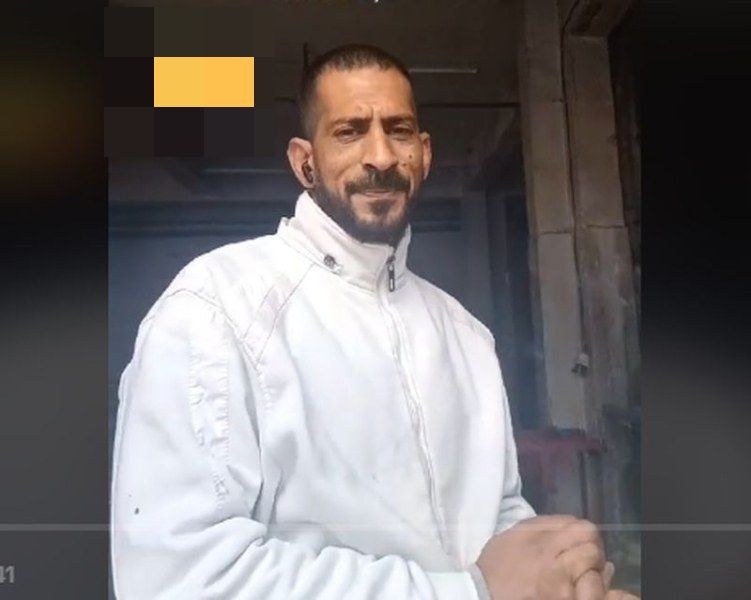Patrik Bartko, one of the leading Czech guitarists and a member of Marek Ztracený’s band, gave an interview to the first Romani internet television channel ROMEA TV. In the pre-Christmas interview, he talked about his musical life, the influence of family tradition and how his music connects with Romani culture.
- Patrik Bartko pro ROMEA TV: Z klubů až na největší české hudební scény s Markem Ztraceným. Rozhovor o hudbě, rodině a inspiraci romskou kulturou. In: Romea. 29.12.2024. https://romea.cz/cz/kultura/patrik-bartko-pro-romea-tv-z-klubu-az-na-nejvetsi-ceske-hudebni-sceny-s-markem-ztracenym-rozhovor-o-hudbe-rodine-a-inspiraci-romskou-kulturou

